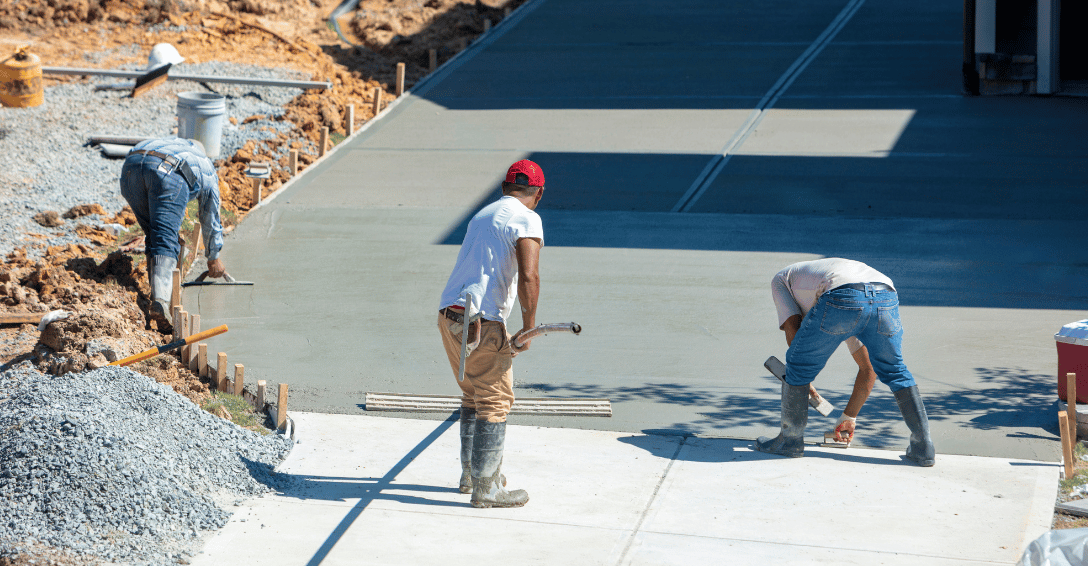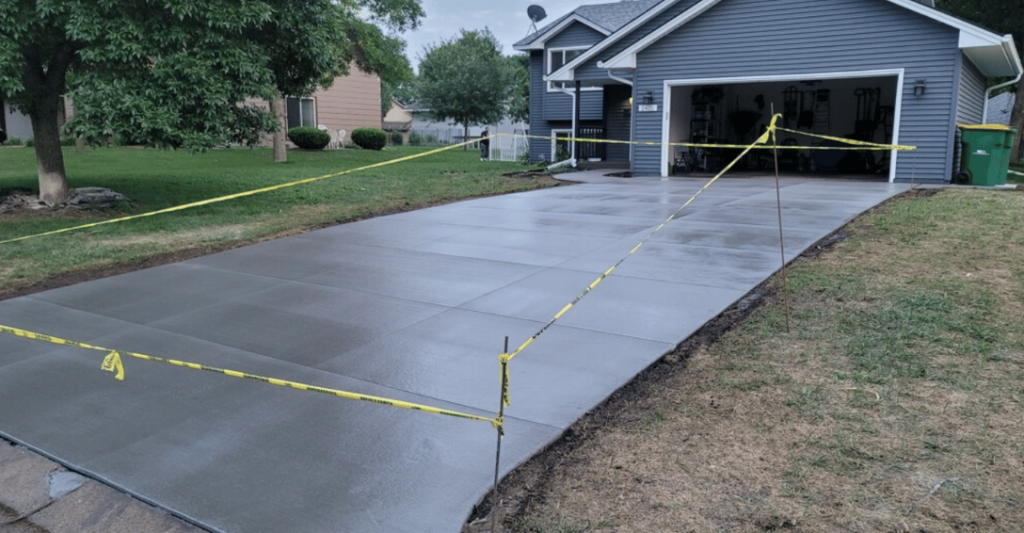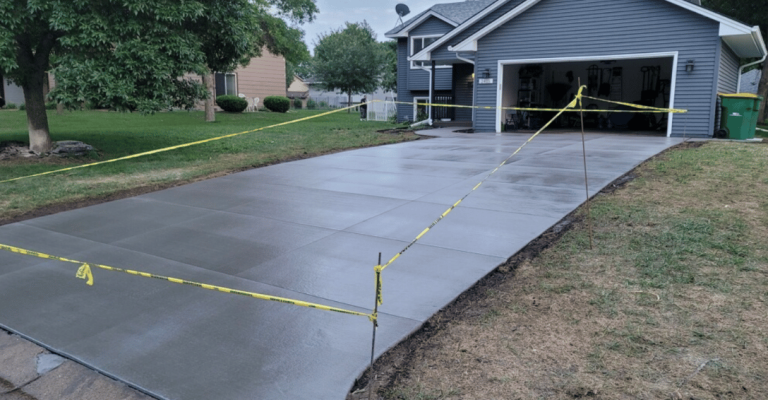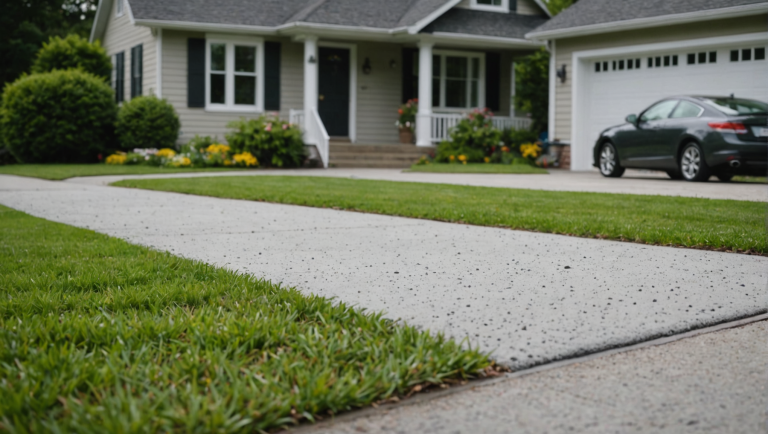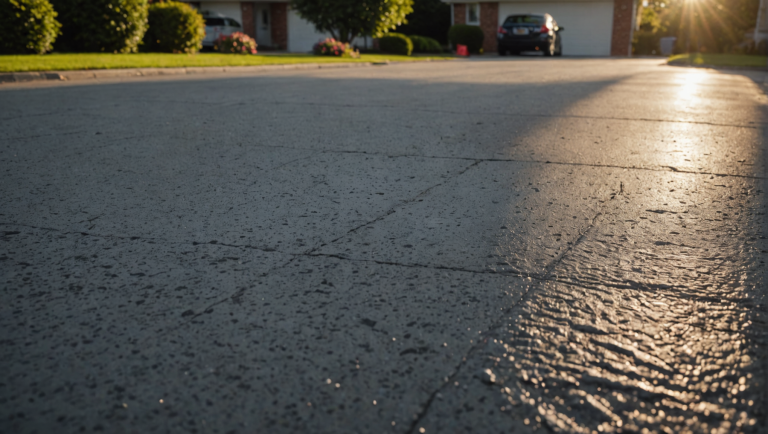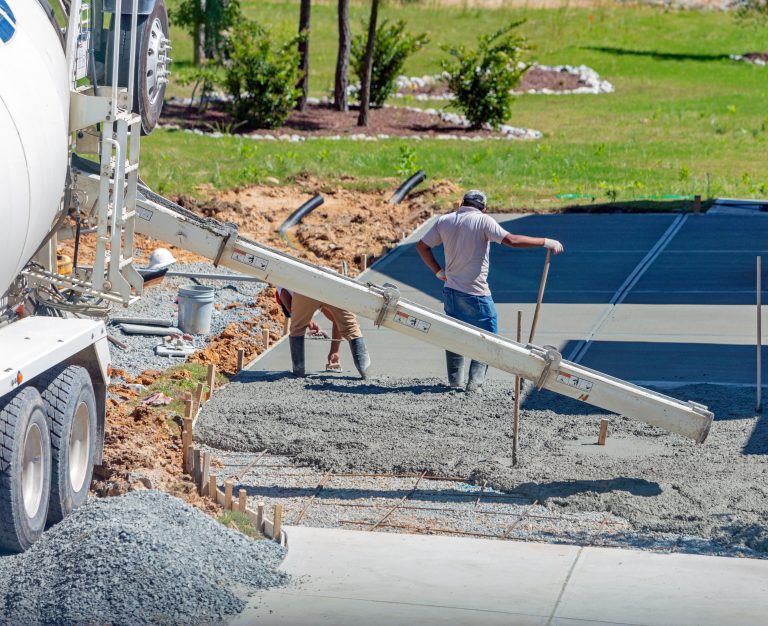Concrete Driveways Cost Analysis Unveils Remarkable LongTerm Savings
In the world of property improvements, an interesting topic that warrants nuanced discussion is the cost-effectiveness of installing concrete driveways. While the initial outlay may raise eyebrows, a detailed analysis of the long-term fiscal implications paints a relatively different picture. The durability and minimal maintenance requirements of concrete driveways, compared to their counterparts, often result in remarkable savings over time. Therefore, this perspective invites property owners to reassess the perceived high cost of concrete driveways and evaluate them as potentially prudent investments for future financial gain.
Understanding Concrete Driveway Costs
In order to understand the intricate financial implications of concrete driveway installation, one must explore the multifaceted aspects of material cost, labor charges, and additional expenses that play crucial roles in the overall expenditure.
To start, the material cost of concrete fluctuates based on several variables such as geographical location, market demand, and supplier.
Labor charges, on the other hand, are typically determined by the complexity of the project, the contractor’s experience, and the local labor market rates. It is worth noting that labor costs can often exceed the cost of materials, particularly in projects requiring a high degree of craftsmanship or specialized machinery.
Lastly, additional outlays, often overlooked, can greatly impact the total cost. These include expenses for site preparation, design consultation, permits, and potential damage repair to surrounding areas during installation.
Initial Installation Expenses
Having analyzed the basic financial components of concrete driveway installation, we now shift our focus to the initial installation expenses, a category that encapsulates a variety of significant costs. This section comprises the cost of materials, labor, and machinery, all of which contribute to the immediate outlay of installing a concrete driveway.
The table below provides a simplified breakdown of these costs:
| Cost Component | Average Cost |
|---|---|
| Materials | $10-12 per sq ft |
| Labor | $5-7 per sq ft |
| Machinery | $1-3 per sq ft |
The cost of materials, typically the largest portion of the initial expenses, includes the concrete itself, reinforcement, and the base. Labor costs vary based on the complexity of the project and regional wage differences. Lastly, the machinery costs encompass the equipment necessary for excavation and laying the concrete.
While these upfront costs may seem high, it is crucial to remember that this is an investment into a long-term infrastructure improvement. This initial outlay must be evaluated in the context of its longevity, impacting the long-term savings realized. The next section will cover the ongoing costs associated with concrete driveways, a crucial component of the overall cost analysis.
Maintenance: Concrete VS Asphalt
Shifting gears to the topic of maintenance, a comparative analysis between concrete and asphalt driveways reveals notable differences in long-term cost and upkeep requirements. Concrete driveways, though usually more expensive upfront, demand less maintenance than their asphalt counterparts. The intrinsic durability of concrete reduces the frequency of repairs, leading to savings in the long haul.
Asphalt driveways, while less expensive initially, require regular maintenance due to their vulnerability to weather conditions and heavy vehicular traffic. They need frequent resealing, approximately every 3-5 years, to prevent water infiltration, cracks, and potholes. This routine upkeep is an ongoing cost that can accumulate significantly over time.
In contrast, concrete driveways need sealing only every 5-10 years, a factor that notably reduces long-term maintenance expenses. Additionally, concrete’s resistance to oil and gasoline stains offers another maintenance advantage over asphalt.
In terms of aesthetic preservation, asphalt driveways may fade to a dull gray over time, requiring a seal-coating for revitalization, while concrete maintains its appearance longer and can be easily cleaned with a pressure washer. Therefore, considering the maintenance aspect, concrete driveways present a cost-effective solution in the long run.
Long-Term Financial Implications
Analyzing the long-term financial implications of installing a concrete driveway necessitates a two-fold examination: upfront installation expenses and future maintenance costs.
Upfront costs encompass fees for professional installation, raw materials, and potential permit necessities.
Future maintenance costs account for periodic upkeep, repairs, and potential replacement.
This thorough understanding of both immediate and ongoing expenses is integral to making an informed decision about the financial viability of a concrete driveway.
Upfront Installation Expenses
What are the initial costs involved in installing a concrete driveway, and how do these expenses impact long-term financial planning?
The upfront installation costs are an important factor and are primarily determined by the size of the driveway, the complexity of the project, and local labor rates.
In terms of size, the larger the driveway, the more concrete that is needed, which impacts the total cost. The complexity involves factors such as the level of ground preparation required, the desired finish, and any decorative elements. Ground preparation includes excavation, sub-base installation, and the creation of forms, all of which require labor and materials. A more intricate design or finish could also necessitate specialized skills, increasing labor costs.
Local labor rates also play an essential role in the upfront cost. The rates can differ significantly from region to region, and it’s important to get multiple quotes for comparison.
These initial costs, while substantial, should be viewed as an investment. A well-installed concrete driveway boosts curb appeal, enhances the value of your property, and offers remarkable long-term savings. Despite the high upfront cost, the durable nature of concrete driveways makes them a financially sound choice in the long run.
Future Maintenance Costs
In considering the long-term financial implications of installing a concrete driveway, it is imperative to account for future maintenance costs, which are influenced by factors such as the quality of the initial installation, environmental conditions, and the frequency of usage.
A high-quality installation typically requires less frequent maintenance, thereby lowering total costs in the long run. Conversely, substandard installations may necessitate regular, costly repairs, consequently increasing the overall expenditure.
Environmental conditions, including exposure to harsh weather and temperature fluctuations, also greatly impact maintenance requirements. These factors can cause degradation of the concrete surface, resulting in increased repair costs.
The frequency of usage is another determinant of future maintenance costs. Heavy vehicular traffic accelerates the wear and tear of the driveway’s surface, necessitating more frequent maintenance.
Using an analytical approach, the calculation of future maintenance costs should include the cost of materials, labor, and possible inflation. These factors, combined with the expected lifespan of the concrete driveway, will determine the overall lifetime expenditure.
A detailed and technical analysis of these factors can reveal the substantial long-term savings associated with the choice of a concrete driveway, reinforcing its status as a cost-effective solution in the domain of driveway installations.
Concrete Durability Factors
The durability of a concrete driveway is largely determined by two key factors: the inherent strength of the concrete mix itself and the impact of external weather conditions.
The former encompasses the quality of materials used, including the grade of cement, and the correct proportion of water, sand, and aggregate.
Meanwhile, the latter involves a thorough analysis of the potential effects of varying climatic conditions such as temperature fluctuations, precipitation, freeze-thaw cycles, and exposure to ultraviolet radiation.
Strength of Concrete
Possessing an impressive durability and strength, concrete is a material that is significantly influenced by several factors such as the mix proportion, curing process, and the use of quality materials.
The precise mix of cement, water, aggregate, and admixtures directly contributes to the strength and lifespan of the finished product. The appropriate mix proportion is vital as it provides the necessary balance between workability and durability.
The curing process is another essential element in determining the strength of concrete. Proper curing guarantees sufficient hydration of the cement particles, which in turn contributes to the overall strength and density of the concrete. Neglect in this area can lead to weaker concrete, prone to cracking and damage.
Quality materials are also an integral part of the equation. High-quality cement, clean water, and well-graded aggregate, free from impurities, result in a stronger, more durable concrete. Inferior materials compromise the integrity of the concrete, reducing its strength and lifespan.
Weather Impact Analysis
While factors like mix proportion, curing process, and quality materials heavily influence concrete strength, it is equally important to take into account the impact of weather conditions on the durability of concrete structures. Weather-related factors such as precipitation, temperature fluctuations, and freeze-thaw cycles can significantly affect the lifespan of a concrete driveway.
Precipitation can induce hydration in concrete, which, if not properly managed, can lead to deterioration. Temperature variations cause concrete to expand and contract, leading to potential fractures if the material isn’t designed to accommodate such stress. Freeze-thaw cycles pose a particular threat, as water absorbed by the concrete can freeze and expand, causing internal pressure that may result in cracking.
These issues highlight the necessity of a thorough weather impact analysis when planning for a concrete driveway. The right design, coupled with the use of weather-resistant admixtures and sealers, can optimize the concrete’s resistance to these threats, thereby prolonging its longevity.
Aesthetics Impact on Property Value
Improving the aesthetic charm of a property with a well-designed concrete driveway can significantly impact its market value, an important consideration for homeowners planning to sell their homes in the future. Aesthetic enhancements, such as the design, texture, and color of a concrete driveway, may not only elevate the property’s curb appeal but also markedly influence prospective buyers’ perception of the property’s worth.
A detailed analysis of real estate trends reveals a positive correlation between aesthetically appealing driveways and increased property value. Buyers tend to perceive properties with well-maintained and visually attractive driveways as more valuable, contributing to higher selling prices.
Moreover, concrete driveways offer a myriad of design options, including stamped patterns, color stains, and decorative borders, enabling homeowners to tailor their driveways to complement the overall architectural style of their homes. By strategically investing in a concrete driveway’s aesthetics, homeowners can cultivate a sense of uniqueness and charm, which can further boost property value.
Case Study: Concrete Driveway Savings
Beyond the aesthetic appeal and property value enhancement, a concrete driveway can also offer substantial cost savings, as demonstrated in a recent case study. The study was conducted on two identical homes with the only difference being the type of driveway installed: one had a concrete driveway while the other had an asphalt driveway.
The initial cost of the concrete driveway was higher by 20% compared to the asphalt one. However, over a period of 20 years, the concrete driveway showed significant savings in maintenance and replacement costs.
| Driveway Type | Initial Cost | 20-Year Maintenance Cost | Replacement Cost | Total Cost |
|---|---|---|---|---|
| Concrete | $5000 | $1000 | $0 | $6000 |
| Asphalt | $4000 | $4000 | $4000 | $12000 |
The concrete driveway required minor maintenance, while the asphalt driveway needed significant repairs and even replacement due to wear and tear. Consequently, despite the higher initial cost, the total cost of ownership for the concrete driveway was remarkably lower, providing long-term savings and demonstrating the economic advantage of concrete driveways. This case study underscores not only the durability of concrete driveways, but also their cost-effectiveness, proving that they are a worthwhile investment for homeowners.
Frequently Asked Questions
What Are the Environmental Impacts of Installing a Concrete Driveway?
Installing a concrete driveway can have environmental implications such as increased runoff, potential harm to local ecosystems, and carbon emissions from cement production. However, its durability can offset these impacts over the long term.
How Do Weather Conditions Affect Concrete Driveway Longevity?
Extreme weather conditions, particularly freeze-thaw cycles, can have a considerable impact on the longevity of concrete driveways. Proper installation and maintenance, however, can mitigate these effects and guarantee a longer lifespan for your investment.
Can DIY Installation of a Concrete Driveway Save on Costs?
While DIY installation of a concrete driveway can initially reduce costs, it may lead to long-term expenses due to potential errors in material choice, mixture proportion, and installation technique, which professionals can avoid.
What Are the Unique Design Options Available for Concrete Driveways?
Concrete driveways offer numerous design options including stamped patterns, engraved designs, stenciled graphics, and colored concrete. These customizations provide aesthetic appeal, enhancing the property’s value and creating a sense of belonging for homeowners.
How Can I Recycle or Dispose of an Old Concrete Driveway?
Old concrete driveways can be recycled through specialized services. They break down the concrete into aggregate, which can be repurposed in construction projects, greatly reducing environmental impact and promoting sustainable construction practices.

